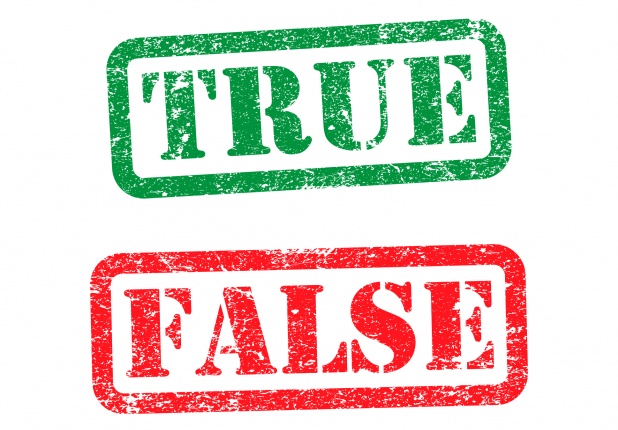Taming the Privilege Log Beast
There are few things more dreaded in discovery than the time-consuming, tedious, onerous, beastly privilege log – especially in complex litigation matters involving thousands of pages of documents. These logs, however, are a critical component of the E-Discovery process that requires careful attention to detail in planning, analysis, and preparation. In this blog post, we will explain what a privilege log is, discuss the various types of privilege logs, recommend pre-privilege review strategies, and address post-submission concerns.



